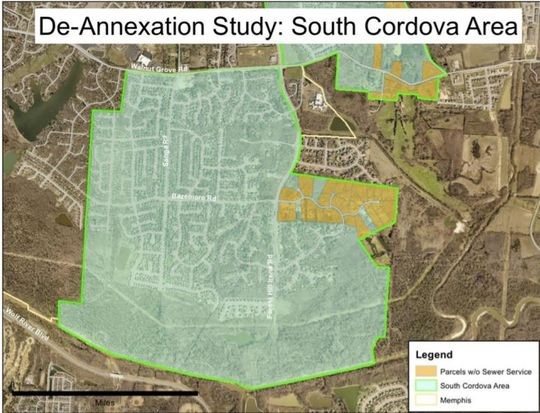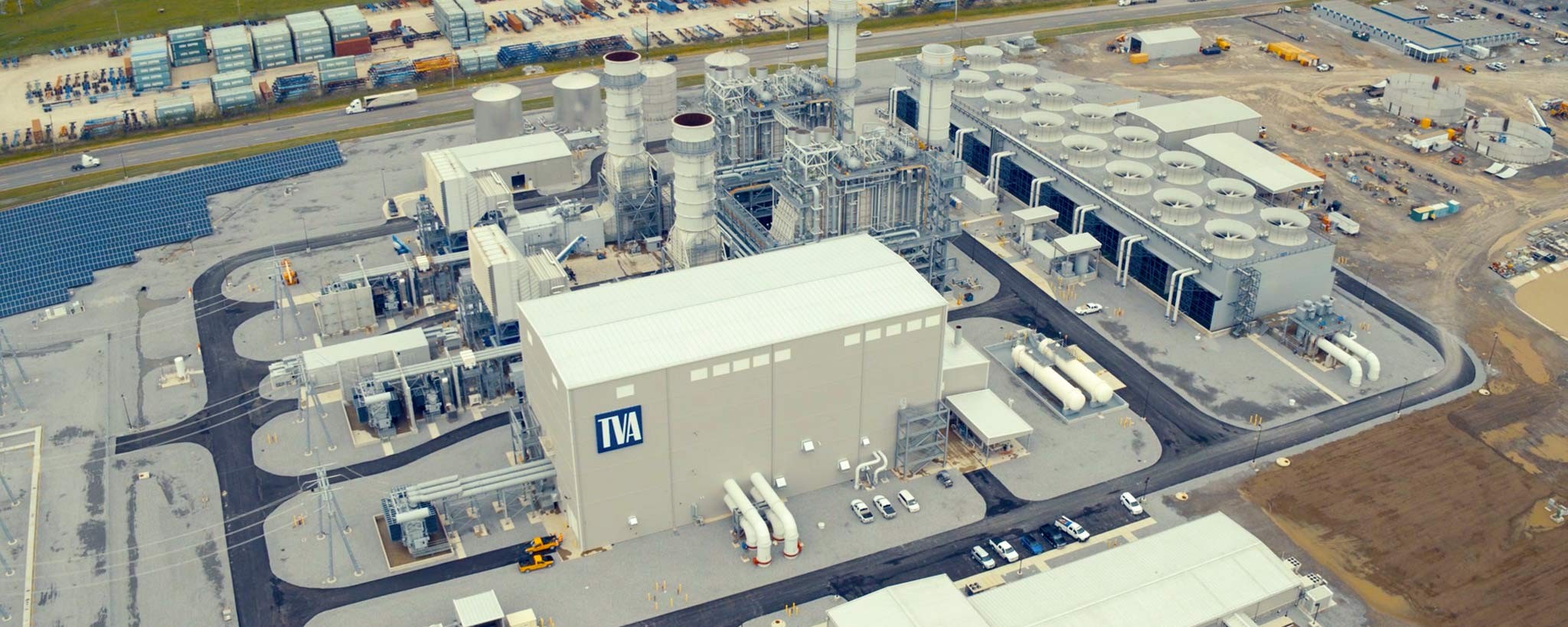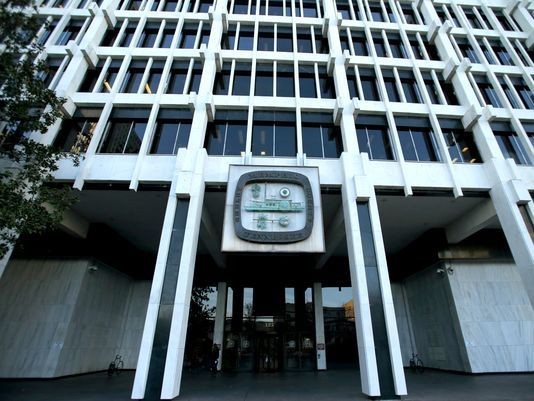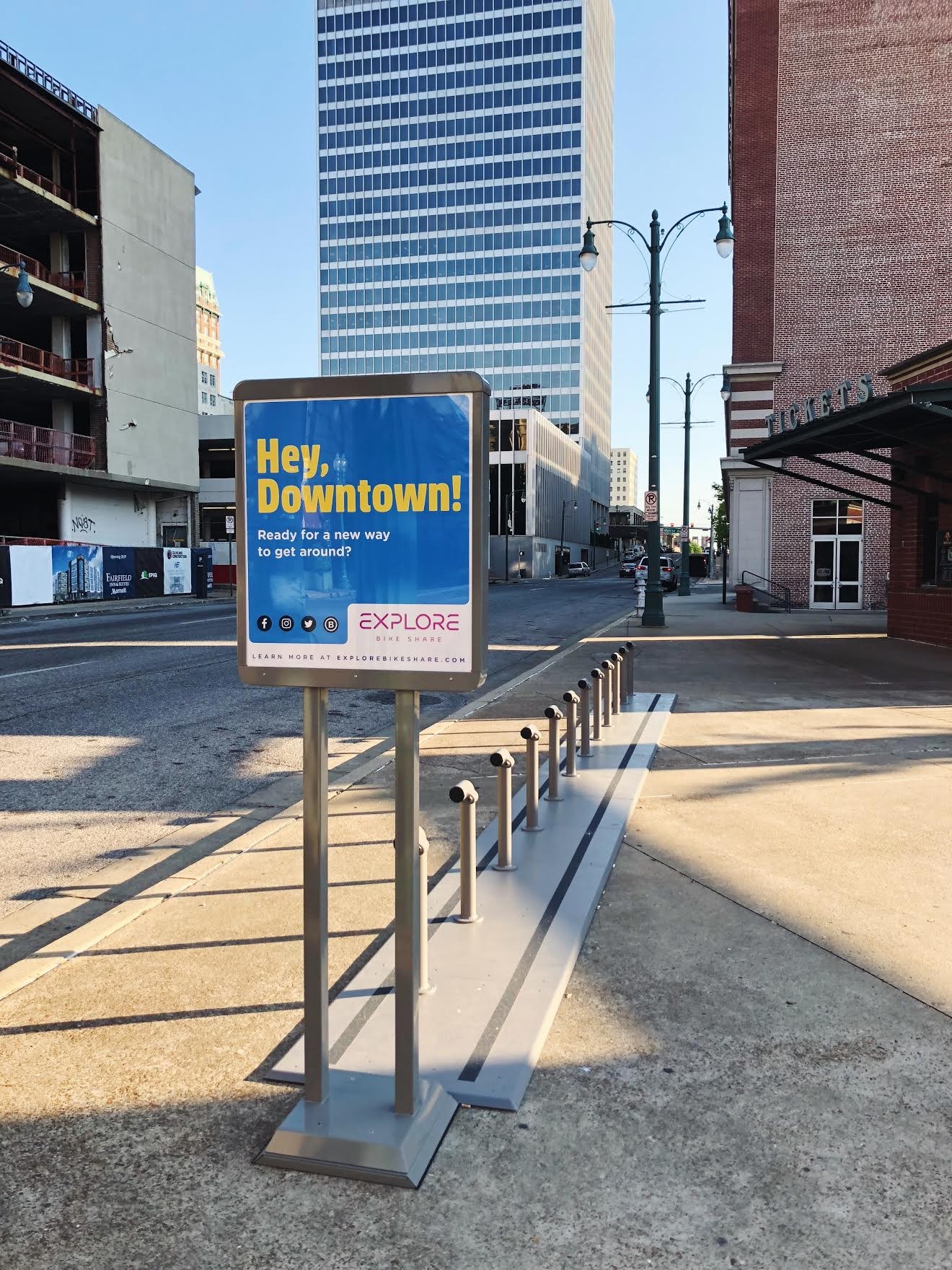 MLGW
MLGW
A solar panel array at Agricenter International.
The head of Memphis Light, Gas and Water (MLGW) has named the 20 members of a new advisory team tasked with exploring alternative power supply options.
J.T. Young, president and CEO of MGLW returned to the Memphis City Council Tuesday to lay out the details of the Power Supply Advisory Team (PSAT) that he first proposed to the council two weeks ago.
Young said then that he and Memphis Mayor Jim Strickland had been working on forming the team to consider switching from the Tennessee Valley Authority as a power supplier — a move that has been at the center of conversations between MLGW and the city council for months.
The PSAT so far consists of local executives, elected officials, and MLGW officials, including Young, who will serve as the facilitator.
Executives on the committee include Richard Kelley, vice president for facilities at Methodist Hospital; Mark Halperin, executive vice president of Boyle Investment Company; Beverly Robertson, CEO of the Greater Memphis Chamber; and Josh Tulino, vice president and general manager at Valero.
Local officials — including the city’s chief operating officer Doug McGowen, who is the mayor’s designee, and Bo Mills, public works director for Germantown — will also take part.
City Councilman Martavious Jones, Shelby County Commissioner Eddie Jones, as well as Deidre Malone, president of the NAACP Memphis Branch; Dennis Lynch of the Sierra Club; and Sandra Upchurch of the Southern Alliance for Clean Energy, are also slated to join the team.
Councilman Jones told Young that he would like to see three to five “regular citizens” serving on the advisory team as well: “That would really speak to the integrity of the process.”
Young said he would take that into consideration, adding that all meetings will already be open to the public.
The first of seven meetings planned for this year is Tuesday, April 30th. One meeting — each with a different topic — is slated for each month through November. Topics include the state of TVA, power supply studies, and MLGW’s Integrated Resource Plan (IRP).
The IRP, which Young said will be spearheaded by an outside consultant, will consist of data, such as a 20-year hourly energy demand forecast, evaluations of the costs and risks for different supply options, as well as assessments of MLGW’s current staff, technology, and facilities.
The utility has issued a request for qualifications in order to find a consultant for the job. Young anticipates selecting a consultant by May.
The IRP process will be “deliberate” and “objective,” Young said, potentially taking up to a year to complete.
“We will not stop this process until it’s finished,” Young said. “In order to maintain the integrity of the IRP process, it’s important that we go through the process and let the process tell us what’s optimal.”


 Maya Smith
Maya Smith 
 TVA
TVA 
 MLGW
MLGW 

 Explore Bike Share
Explore Bike Share 
 TVA
TVA  Facebook
Facebook  TVA
TVA  Tennessee Valley Authority
Tennessee Valley Authority  Corey Owens/Greater Memphis Chamber
Corey Owens/Greater Memphis Chamber  Tennessee Valley Authority
Tennessee Valley Authority